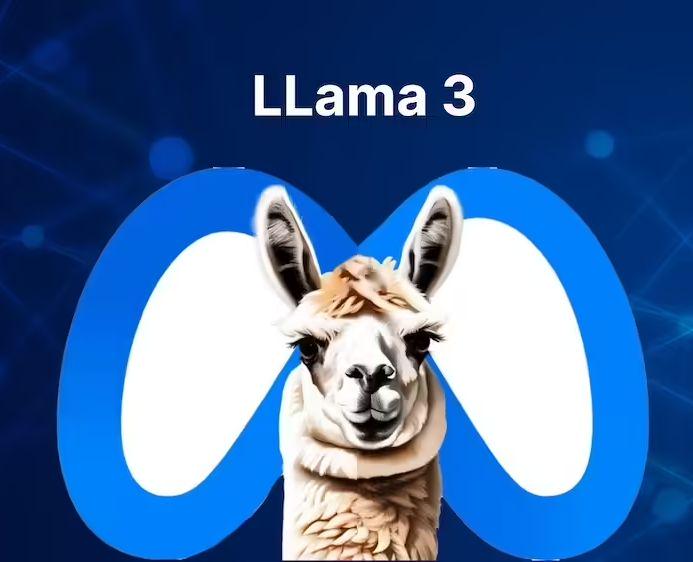Jan. 15, 2012 - On Tuesday, in a meeting involving the Meta In an AI copyright case (Kadrey v. Meta), the court made public records of internal communications between Meta executives and researchers. These documents show that Meta was developing its latest AI model Llama 3 The process ofExecutives and researchers will go beyond OpenAI s GPT-4 as a core goal and is extremely competitive in internal discussions.

In an October 2023 message to researcher Hugo Touvron, Ahmad Al-Dahle, VP of Generative AI at Meta, said, "Honestly ...... our goal has to be GPT-4. We are about to have 64,000 GPUs! We have to learn how to build cutting edge technology and win this race."
While Meta has long been known for its open-source AI models, its AI team is clearly more focused on outperforming competitors who don't disclose their model weights, such as Anthropic and OpenAI. Meta executives and researchers consider Anthropic's Claude and OpenAI's GPT-4 to be benchmarks for the industry, and strive to achieve them as such.
In internal discussions.Meta appears dismissive of French AI startup MistralMistral is one of Meta's main competitors in the open source space, but Al-Dahle was blunt in his message, "Mistral is not worth it to us. We should be able to do better."
At a time when tech companies are racing to deliver cutting-edge AI models, internal communications from Meta further reveal the highly competitive mindset of its AI leadership. In multiple exchanges, Meta's AI leaders mentioned that they were "very aggressive" in acquiring the data needed to train the Llama model. One executive even said in an internal email, "Llama 3 is pretty much the only thing I care about."
However, this aggressive competitive strategy also raises legal questions. Prosecutors in the case have accused Meta executives of using copyrighted books for training in their rush to launch AI models, and Touvron noted in a release that the dataset used to train Llama 2 was "of poor quality" and discussed how optimizing the data source could improve Llama 3's performance. and discussed how to improve Llama 3's performance by optimizing the data source. Touvron and Al-Dahle then discussed the possibility of using the LibGen dataset, which contains copyrighted works from publishers such as Cengage Learning, Macmillan Learning, McGraw Hill, and Pearson Education. in a message, Al-Dahle asked:"Do we have the right dataset? Is there any data you'd like to use but can't for some stupid reason?"
1AI notes that Meta CEO Mark Zuckerberg has previously stated that he's working to close the performance gap between the Llama model and closed-source models from OpenAI, Google, and others. Internal sources indicate that there is a lot of pressure within the company to achieve this goal. In a July 2024 letter, Zuckerberg wrote: "This year, Llama 3 has been able to compete with state-of-the-art models and lead in some areas. Starting next year, we expect future Llama models to be the most advanced in the industry."
In April 2024, Meta officially released Llama 3. This open-source AI model is on par with closed-source models from Google, OpenAI, and Anthropic in terms of performance, and outperforms open-source models from Mistral. However, the data Meta used to train the model - despite Zuckerberg's alleged approval to use it - is of questionable copyright status and is facing scrutiny in multiple lawsuits.